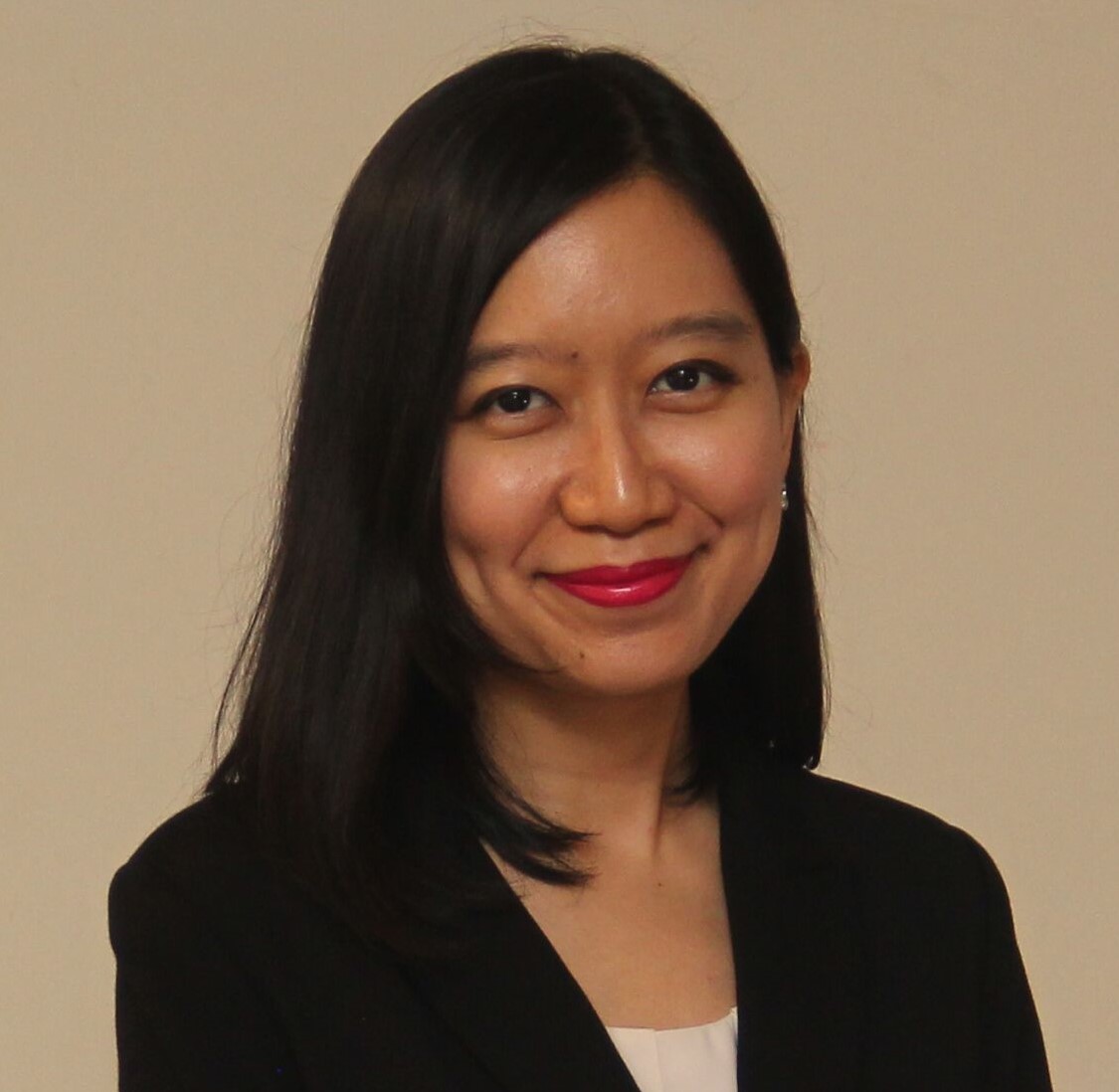The Big Mental Picture
Mental health is in everything we do – weight management, parenting, education, knowledge acquisition, learning ability etc. While it is interesting to see how important this aspect is, but it is also the part that is most neglected.
A person does not suddenly become depressed. It is an insidious process. It happens slowly and erupts one fine day. Nobody usually notices the incremental towards being symptomatic of mental health disorder. Hence the importance to be able to recognize the signs.
The Nagaoka Review team had the opportunity to speak to Ellisha Othman, Managing Director & Clinical Psychologist of SOLS Health – ThriveWell (SHTW), a community-based behavioral health center to help us understand more about mental health, some challenges faced by people and how support could be created for everyone.
Barriers to Better Mental Health
There are two major barriers to better mental health, with the first being the lack of knowledge and the second being the lack of infrastructure.
With the lack of knowledge, people do not know where to go in search of information. And in some cases, people might be so crippled by fear that they choose not to seek help.
As for the lack of infrastructure, this statement relates to accessibility and not only about access to effective treatment by having enough mental health practitioners. It also extends to preventative services, resources, knowledge that is offered in a community-based, culturally-competent and timely manner.

There are multiple barriers and roadblocks to better mental health around the world.
Image via Adobe Stock.
Overcoming Barriers
In overcoming the barriers related to mental health, allow me to share the 3-step process:
Awareness:
The need for awareness is important. In general, people are unaware of the signs of mental health challenges, much like how one might not recognize the signs of autism meltdown. Imagine making available basic awareness and resources that everyday people could have access to. This could dramatically change the way the world view mental health.
Prejudice & Discrimination:
Usually these are misconceptions held by people, and this would be addressed when people get support and help.
It is vital for people to confront their prejudices by improving their knowledge about mental health. Developing empathy through the interaction and engagement with people with lived experience of mental health issues and challenges is one step.
The act of empathizing with a person with lived experience of mental health issue or illnesses is the same as understanding a person with physical illness – it will have an impact on their daily lives. Therefore, people need the time and effort to access effective mental and social support from the people around them.
Task-sharing Model:
The idea of this task-sharing model means not having to wait for the experts to intervene. The focus is on collaborative effort between mental health professionals and those with different levels of expertise including outside of the hospital (i.e., community resources). There is a collective need for more nurses and medical social workers, or paraprofessionals. In the hospital, we would see nurses, midwives, housemen, MO as well as medical consultants. Under normal circumstances, the doctors will step in when complications happen. The same system should be set up for the mental health industry.
Of Mars and Venus
We live in societies with many socio-cultural norms. From a woman’s perspective, socio-cultural guidelines expose women to more interpersonal violence such as physical or sexual harassment, or abuse. In some cultures, women are expected to behave in a certain manner, and one example is to be financially dependent on men. Some cultures may expect women to be way less aggressive than men; or conversely, men are labelled effeminate if they do not display enough aggression. These so-called “gender guidelines” could be triggers of mental health challenges.
Professional businesswomen would have experienced the glass ceiling, believing that they must be a superwoman to “handle it all”. From being a successful career woman to a successful mom who can provide adequate love and care to her children, women end up having to bear a lot more responsibilities that men are often not expected to.
Thankfully, the landscape is changing, and many men are stepping up to the challenge of a partnership: understanding that having a family means sharing the load rather than being instructed to “help around the house”.
Equality Vs. Equity
In this current age, more emphasis should be placed on equity rather than equality. A quick look into what is happening at home would reveal that husbands are “helping” the wife with household chores when it should be a collective sharing of task. The reverse is often seen at workplace – a good example being how certain industries are dominated by a certain gender, where decisions are made in golf courses and karaoke bars instead of the meeting room. This catalyzes exclusion and prohibits inclusion.
It is also difficult for people to recognize that mental health issues and illnesses such as PTSD could also be triggered by work stress, and not limited to post-war experience. Consistent bullying experienced by people over the years could affect the health of the person.
There is a good example shared by The New York Times on gender inequality in remote meetings. Women are increasingly finding it harder to be heard in group settings. In an online setting, the disparities are increased, according to Deborah Tanner, professor of linguistics at Georgetown University researching for decades on how women and men speak.
With the challenges faced in the world, more emphasis should be put on achieving equity. Social Change UK defines equity as giving people what they need, in order to make things fair. Equity differs from equality in a way, as it means giving more to those who need it, proportional to their reality to ensure that everyone has the same opportunity (i.e. level out the playing field).
A good point to note is also on the strong emphasis in teaching girls and women to always be safe but neglecting to educate the boys and men too. Social issues such as sexual violence will not stop until everyone receives proper education. It is vital to look at the cause and effect of one’s actions and solutions because every decision made may bring about different results.
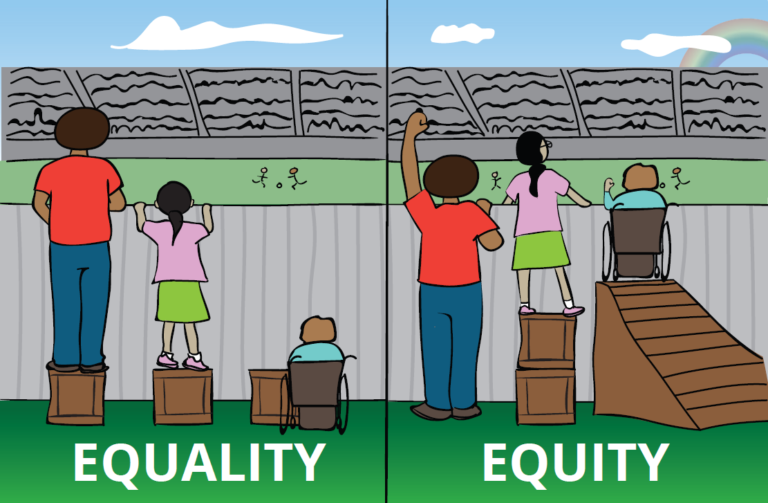
The difference between Equality and Equity. Image via Equity Tools website
Thriving Well in Life
In conjunction with International Women’s Day, here are some tips on helping women thrive well at work and in life. Of course, these tips are not just limited to women, men should also be a part of it to ensure the sustainability of change. The 4Cs for women to build their confidence and thrive better at work and in life are connection, capability, count, and courage.
Connection:
Things are more connected than we think. Consider the subject of social relationships. It is about the connections, where our sense of belonging is. For working women, it is particularly important to connect to other female leaders. This connection helps women feel that there are other people who would understand them, and to get a sense of assurance that they are not alone in facing challenges. While it is not to say that men are not able to empathize with women, but the inherently different circumstances may make it harder to relate to the struggles women face.
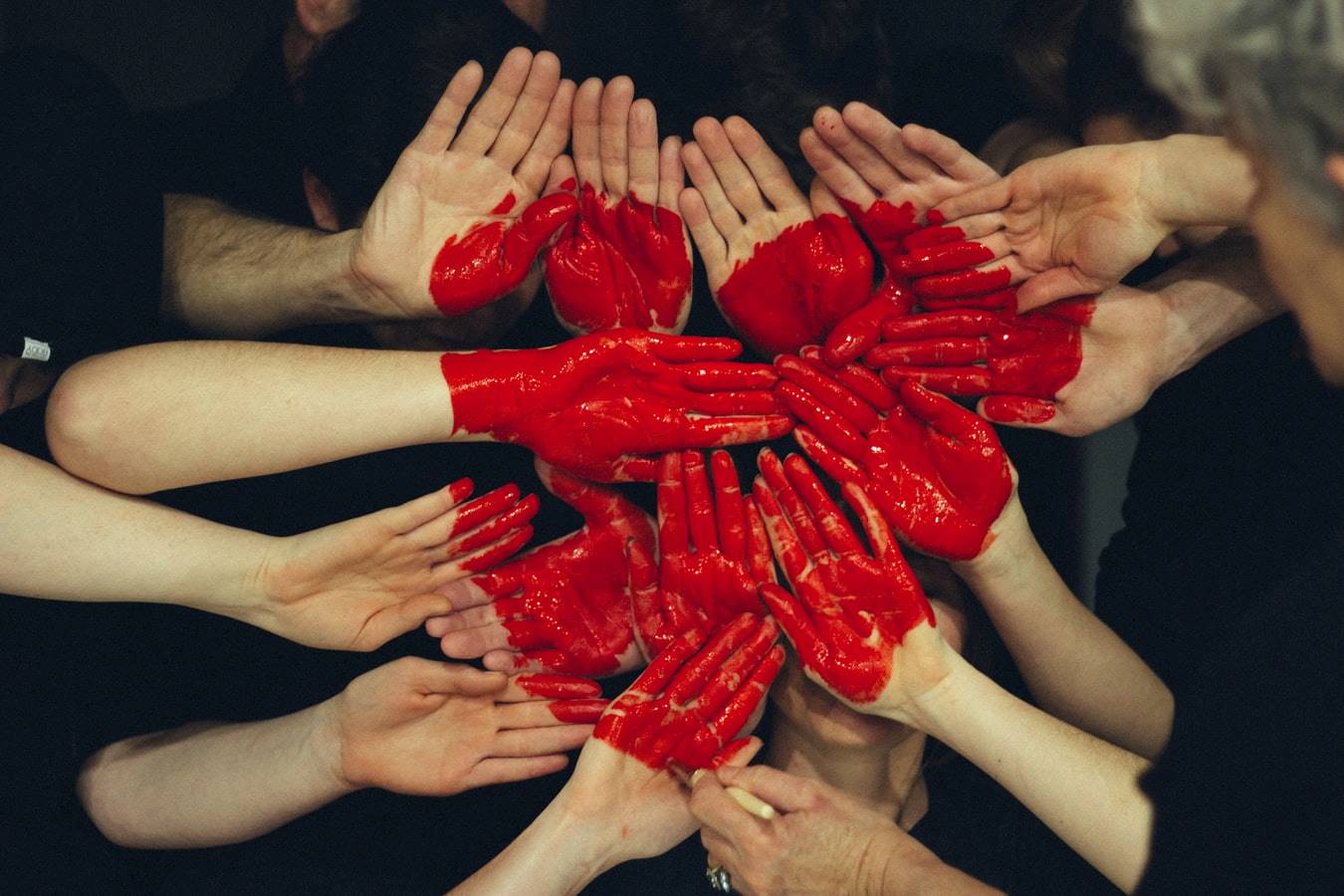
Having the human connection is vital. Image by Tim Marshall via Unsplash.
Capability
People tend to undermine their own accomplishment due to the connections they have. Human beings in general need validation. It would be easier to receive acknowledgement when one is amongst like-minded peers. But when one is exposed to an environment with competitive people around, it might be more challenging to receive such acknowledgement.
Having a mentor is actually a good way to receive acknowledgement and validation. Having a female mentor is great, but having a male mentor would give one a different perspective. When speaking about achieving true diversity and inclusion, everyone must be involved. Men can act as the champion, or a supporter to the initiative.
Mentorship and guidance are important ways to provide a fresh perspective, acting as a map to lead towards the accomplishment of goal(s) set. When one finally accomplishes the goal(s) set, validation comes along with it.
Count
“I count means I matter. It means I am accountable, and I need to do something for others. I am also responsible for other people.”
Count is different from validation; it is about recognition. Getting right validation from the right peers or people will give one the recognition, that is if one is within that right circle. At the same time, one also needs to recognize what one is good at and what should be improved.
As the saying goes, “no man is an island”. Having a small support group or some trustworthy peers to turn to in times of struggle or vulnerability is extremely important. Keep these trusted people in the loop on how they could support or help. The help could be something as simple as proofreading a document.
Having a good support group would make one feel that they matter to someone. What one does has impact on another person. It makes people feel that we need each other to go through life together as it increases connection and a sense of camaraderie.
In business, the measure of a person’s worth is usually placed on the amount of money one makes. But, there is more than one “metric” one could use to measure the success of people. A good metric is the wealth of social connection.
The current pandemic is also a great example of a time where social connection could help people to understand and reach out to each other better. Leaning in to help one another should not be just an advice given to women, but also for men. Having everyone involved would ensure the success of developing stronger social connection.
Courage
Being very self-explanatory, this is about mustering enough courage and a strong will to make decisions that truly matters.
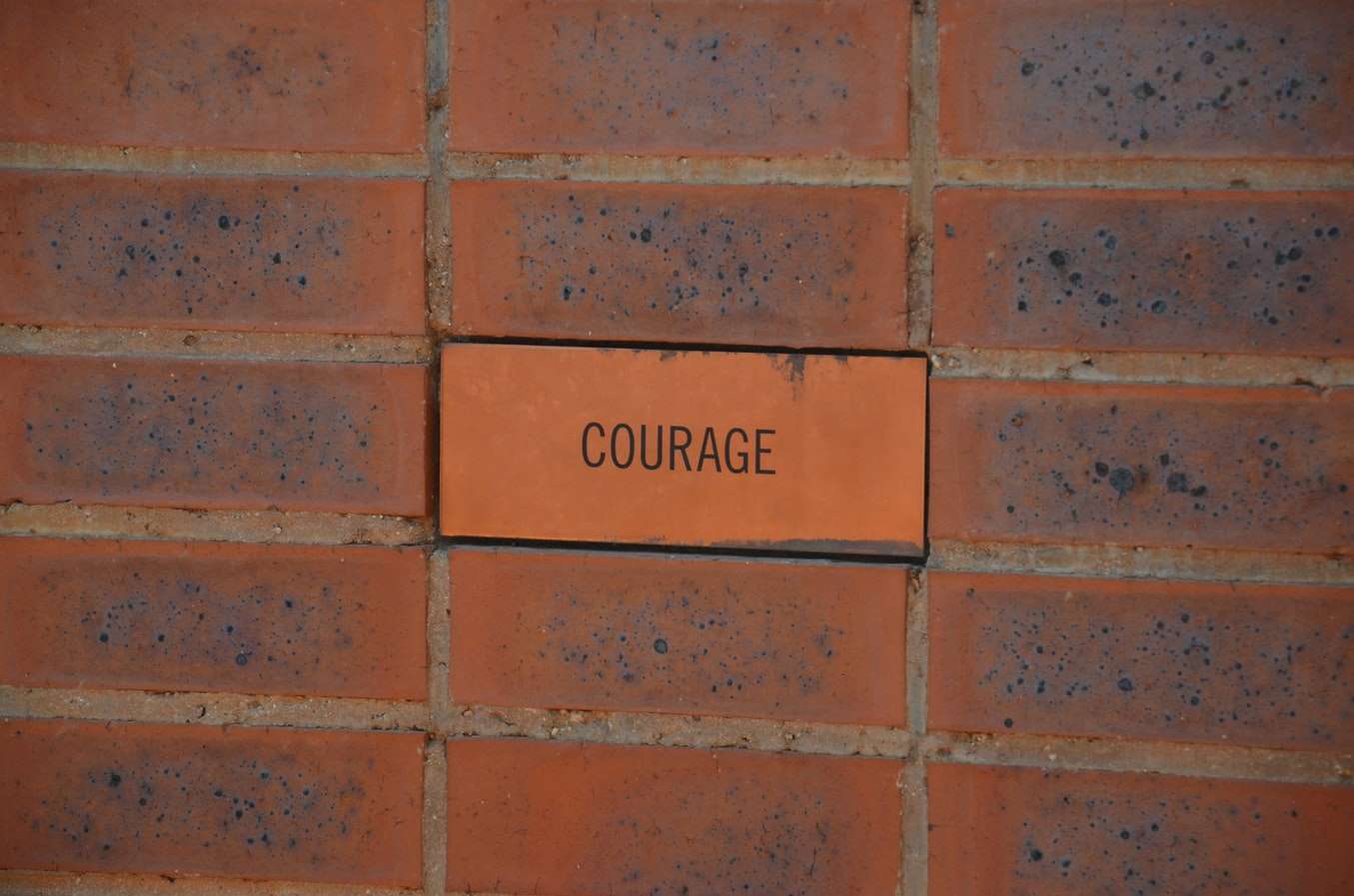
Courage is necessary. Image by Michael Schofield via Unsplash
The Gender Factor
The topic on gender differences is a challenging one to address but at the same time, necessary. Statistically, women are at a higher risk of traumatic experiences such as discrimination, bullying, as well as sexual violence. Due to the collective wisdom gained over the years, women are more inclined and more daring to seek help.
Social connection is especially important for women. Think of it as the connection between sisters and mother. As women, there is a higher need to take care of each other. When a connection is affected, women would notice it. A mother might notice the disconnect between her child and herself (e.g. withdrawal, less connection), prompting her to seek help. Social connection serves as an advantage for women in this regard.
Conversely, men often come from a position of dominance with a different set of challenges. Due to that, it is more challenging for men to recognize signs of depression. As a result, the suicide rate of men is statistically higher. Mental health is more stigmatized among men than women. It is more common to find men suffering in silence. If nothing is done to change toxic masculinity, it will work to their disadvantage.

Suffering in silence is akin to walking down a long path of disconnect and isolation.
Image by Tegan Mierle via Unsplash
Investment is Key
When it comes to creating a healthier organization, investment in mental health infrastructure is necessary. Organizations should consider how referrals could be done and ways to train their people (advocates) to talk about it. Besides that, it is also important to have enough information where one could go if people within the organization are not able to provide more support.
The bottomline is, the first step is to ensure that people are aware that information is available. Knowing what to do is the next step.
Corporate Solution (Advocacy)
How could organizations and workplaces play a part in encouraging healthier mental health state? Both top-down and bottom-up approach are crucial in the success of mental health advocacy.
Endorsement from top management is essential, and organizations must make good occupational mental health an agenda. A good way is for CEOs and leaders to openly talk about challenges of mental health and destigmatize the topic. Besides that, offering services such as the Employee Assistance Program (EAP) for employees to seek help is important. For example, the EAP offered by the companies might be limited to 5 sessions per employee. While seemingly insufficient, is enough to create awareness and giving support. From there, organizations and their employees could plan the next steps to be taken.
Stretching further, organizations could consider having peer support by training employees (e.g. customer service staff) and choosing champions to be peer supporters. Psychologists could come in to train the peer supporters to conduct better detection. From there, referrals could be sent to mental health practitioners for advice on appropriate options.
Peer-to-peer sharing is a great way to increase awareness as it helps reduce prejudice. It could further help to normalize the fact that mental health challenges are a part of life.
Campaigns could also be launched to train managers in detecting signs of mental health struggles and to speak in a non-stigmatized way. Imagine saying something along the lines of “our organization has this service, so if you’d like to, I could help connect you. Or you could approach HR for more assistance if you’d prefer”.
Phrasing the sentence as “because I am concerned about you” rather than “you have a problem” could make a lot of difference.
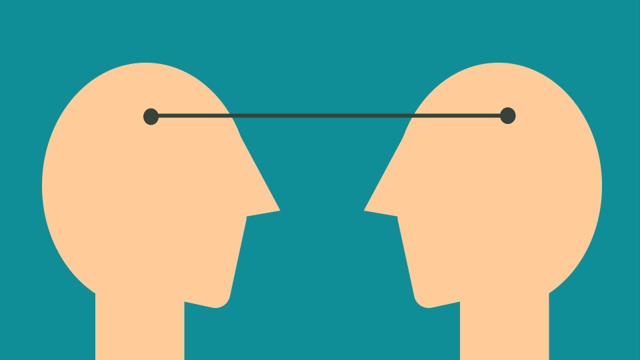
Communicating with our peers would reduce prejudice whilst encouraging more honesty.
Repercussions of Non-Investment
The cost of not providing mental health service is high, especially when support is not provided in a timely manner. On one hand, deterioration of health and other challenges may manifest. The other would be the adverse impact on productivity and attention span.
A good measure is to evaluate the engagement of employees.
While bottom-up approach is important, it is not sustainable if the system does not change. Activism will die down. Top-down and bottom-up must go hand-in-hand to change the infrastructure.
Beyond Limitations
Investment should extend beyond healthcare sector into other industries such as education and social services. Some examples are the police force as well as firefighters. These are the people providing services to everyday people.
Teachers, too, play an important role in helping students to seek help when necessary. In schools, teachers can oversee detection and screening, but not intervene. The act of realizing and recognizing the signs is crucia,l as mental health is “intangible” and lacks physical symptoms. Concurrently, communciation is essential.
Community Initiative
Mental health is a global concern. According to the World Health Organization, 1 in 4 people worldwide are affected by mental disorder at some point in their lives.
In conjunction with International Women’s Day, SOLS Health has partnered with MIASA (Mental Illness Awareness and Support Association) to initiate mental health advocacy and obtain strong support in terms of investment, legislation & political support. We call it the Community Mental Health Fund.
From the initiative, we hope to crowdsource for a central mental health fund through PitchIN to build volunteer capacity for Mental Health Non-Government Organizations and Social Enterprises in Malaysia based on quid pro quo model & advocate for mental health.
Much work is needed to be done in order to create better mental health infrastructure. And this could only be achieved through collective efforts from organizations, legislation as well as the community. A systemic change is necessary to bring about a shift in general behavior in the system.

In Conclusion
Mental health does not just start with treatment. People feeling a sense of exclusion and the lack of adequate care may experience higher risk of mental challenge. Therefore, it is vital for information to be readily accessible to ensure that people would be more aware and eradicate prejudice due to the lack of knowledge. This will help people to see the connection between social challenges faced and its implications that could impact mental health.
Early intervention can prevent the potential negative results of behavioral health disorders including serious impairment, unemployment, homelessness, poverty, and suicide. Communities do best when the behavioral health needs of community members are met.
The Nagaoka Review is supporting leading Malaysian mental health NGOs & Social Enterprises to fundraise for Malaysia’s first Community Mental Health Fund.
(Edited 8th October 2021)
About Ellisha Othman
